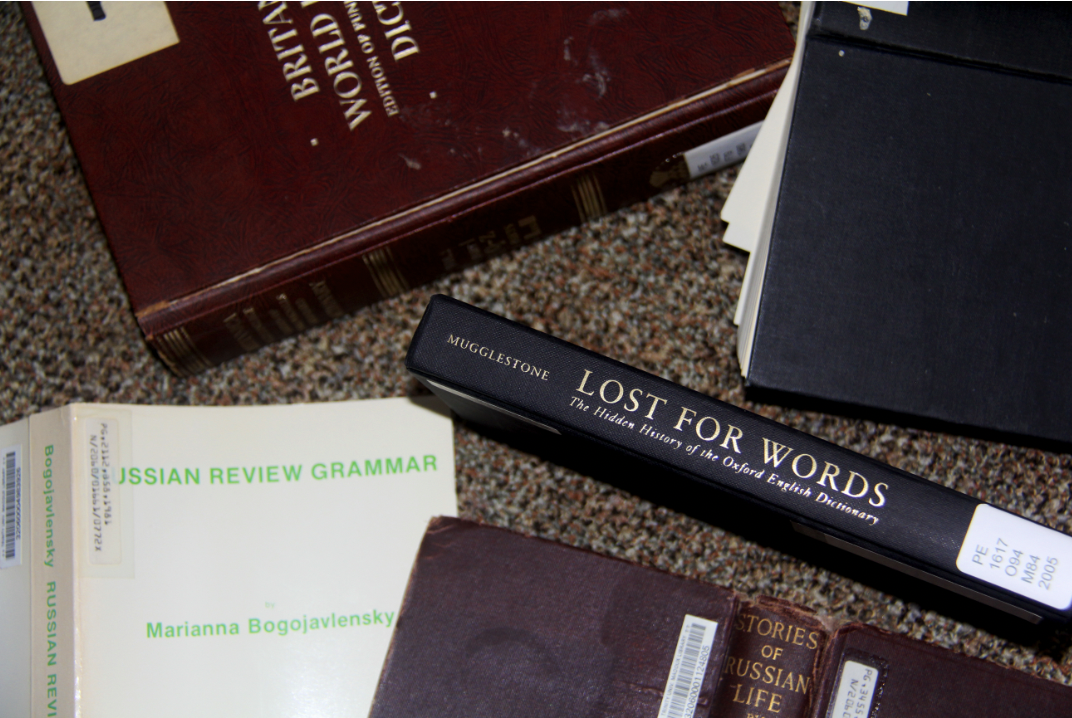I might normally reserve this piece for the Trinitonian’s election issue, but since the deadline for registering to vote in Texas is only three weeks away, I decided to write it now. (I don’t know about other states’ deadlines, but hey, this is an opinion column, not the internet).
Young people, including Trinity students, now make up a tremendous portion of eligible voters, but a perennial issue is that a large percentage of us don’t turn out to vote. This voter apathy could be due to the sense of busyness that comes from college classes, the apparent extra effort required to register and turn up or a lack of connection and excitement with the community and the candidates. Perhaps you feel, understandably, that in the vast sea of hundreds of millions of voters nationwide, and millions within each state, your individual vote will not make a difference.
I empathize with these reasons, but none of them ultimately hold up. As U.S. citizens, we are a part of the broader American community. The contrasting policies of the presidential candidates will have real effects on our well-being if they are implemented. This is true in both a direct sense in terms of college affordability and student loan reduction, as well as policies which are not directly targeted at us but that will nonetheless affect our livelihoods. I’m talking here about economic and environmental policy. Taking a couple of hours to register to vote and show up at the polling station in November is a pretty small price to pay to have a say in what the world you live in will look like.
Of course, that logic assumes that your vote will actually make a difference. Now, in a purely statistical sense, your individual vote has a vanishingly small probability of deciding the election. But take a step back and see that millions of lazy college students (and voters in general) are making the same mental calculus, and if everyone decided that their vote wasn’t worth casting because it was statistically insignificant, then our representative democracy would fail.
It’s the principle of exercising your ability to affect your government by voting, a right that many were denied in the past, and which many are still denied today through voter ID laws. Moreover, if you decide to vote and convince people you know to vote as well, then that rapidly creates a cascading spiral of turnout which will, in a very real sense, prove to be statistically significant.
Voting does entail more responsibility than just showing up. An ill-informed voter might actually be better off staying at home than casting a ballot based on bad information. As a voter, you have an obligation to examine a candidate’s policies and leadership style from multiple serious and reliable news sources as well as the candidates’ full policy descriptions on their websites. Don’t trust just the fever pit of Breitbart or the faux-outrage of BuzzFeed for valid information about candidates.
Then, there’s the question of whom to support based on what you’ve read when it comes to time to cast the presidential ballot. I’ve heard people who dislike both Clinton and Trump say that they think both of them would be equally bad so they’re going to vote third party or not vote. Such thinking is lazy nonsense. Clinton and Trump would have very different policies and thus very different effects on the country, the world and you.
Even if you hate both of them, do some research, decide which candidate would be the least bad, hold your nose and vote for them (I’m actually excited to support Clinton, so I’m lucky not to have that issue). Now, I didn’t mention the third-party candidates, Johnson and Stein, because neither have any hope of becoming president. A vote for them will accomplish nothing beyond sending a message that no one will hear under the deafening roar of a Clinton or Trump victory. The same argument goes for those thinking of not voting as a form of protest against the perceived badness of Clinton and Trump. If you’ve shown up at Mabee at 4 p.m. and your only options are beef that’s been slowly drying under a heat lamp for three hours or a salad consisting solely of wilting cabbage, you’ve got to grit your teeth and pick one. Going hungry as a form of protest will accomplish nothing and only hurt you.
So, register to vote and get your friends to register. Read up on the candidates’ policies from serious sources with a variety of biases. And when you do show up to the voting booth to exercise your right to vote, choose either Clinton or Trump based on which of the two you think will do the most good (or least harm) for the country.







